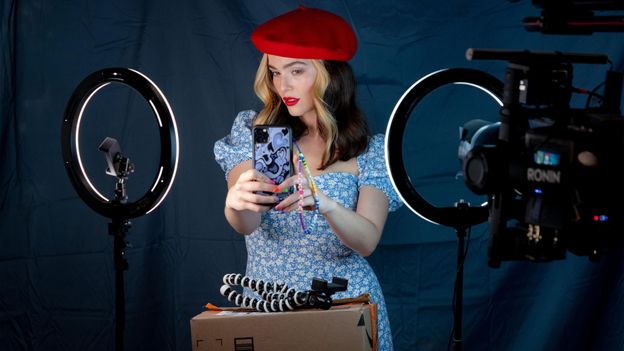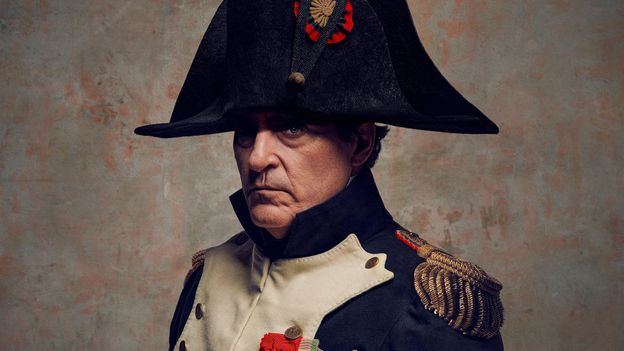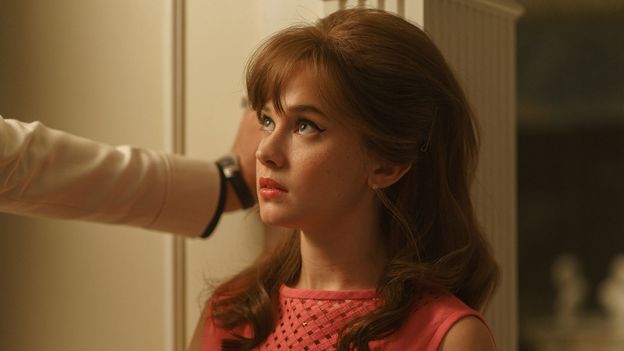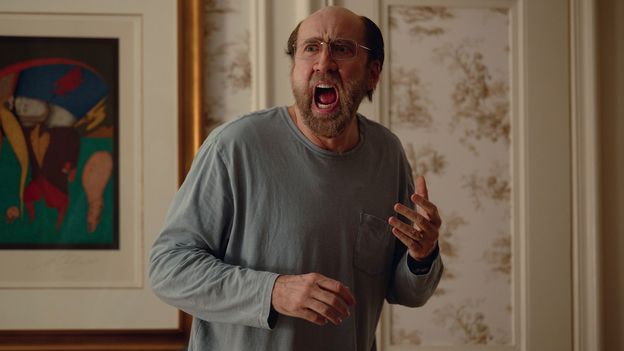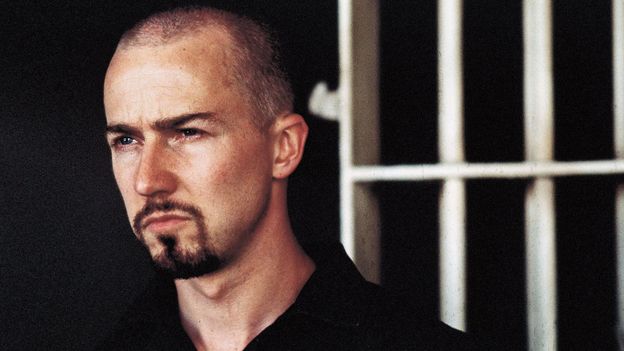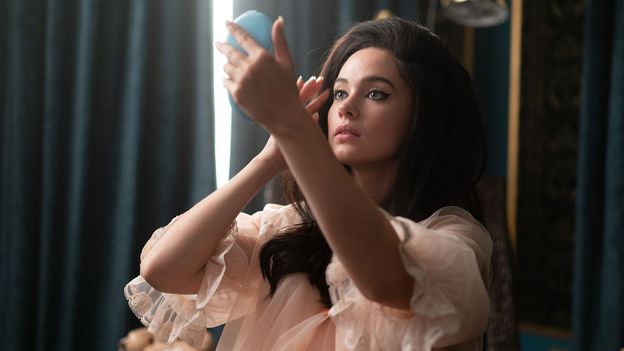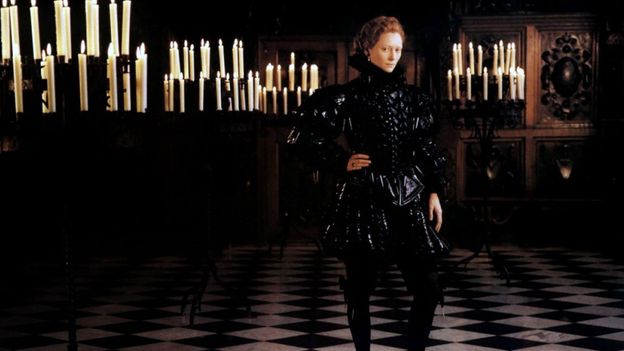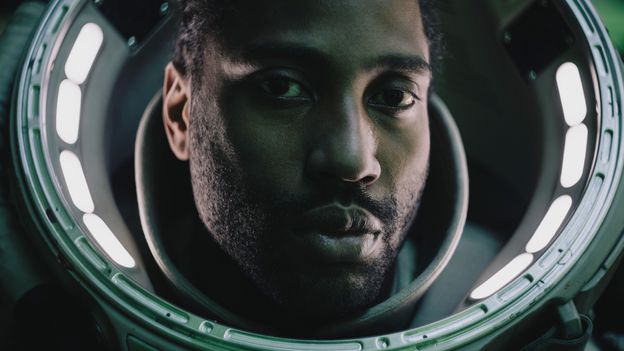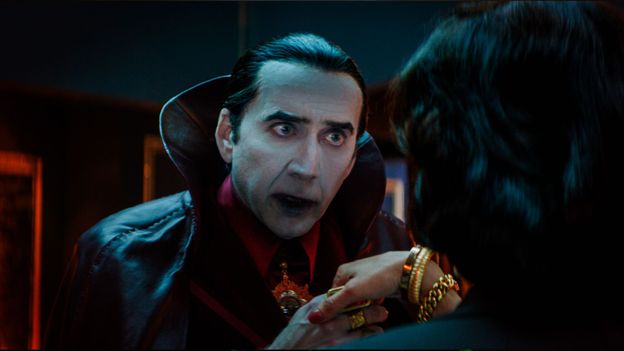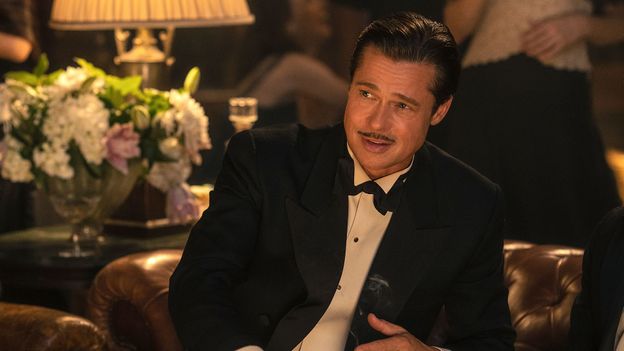Bodies Bodies Bodies attempts a precarious balance between empathy and mockery, more often leaning towards the latter in widely generalised observations of a plugged-in generation where buzzwords like “gaslighting”, “triggering” and “unhinged” are reeled off for laughs. The film gestures to Gen Z interactions but fails to unpack the full extent of a hyperconnected climate. Early on, there’s a celebratory popping of Champagne, followed by Alice (Rachel Sennott)’s exclamation: “That was so sick! I can’t believe I didn’t video that.” Alice might be the closest to a stereotypical Gen Z archetype that has emerged on screen so far – an oblivious, entitled, self-absorbed podcaster – yet there is little done to delve deeper into this mindset.
Living online
In another new film capturing Gen Z’s relationship with social media, Quinn Shephard’s 2022 black comedy Not Okay takes the topic of performative activism to new heights as Danni (Zoey Deutch), a young woman craving the influencer lifestyle, gets wrapped up in a lie about being a survivor of a terrorist attack. As Bousfiha says: “[Gen Z] films tend to be highly stylised, with catchy, memeable lines tailor-made for going viral.” Subsequently, they age like milk, and Not Okay is a prime example. In scenes of Danni coming to terms with the fact that there are people behind trending hashtags, the film is neither realistic enough to be a portrait of Gen Z nor sharp enough to be a satire. Culture writer Iana Murray shares Bousfiha’s sentiment that Not Okay manages to be “almost outdated at a time when photo dumps and authenticity are what’s in, and ‘relatable’ stars like Emma Chamberlain are the It Girls of the moment. But if [Not Okay] had been released, say, one or two years ago, perhaps that would have felt more true to life.”
A common theme in these films is the decentralisation of Hollywood’s white male hero, another Gen Z cinematic recalibration; women of colour are in substantial leading roles, and taking on a larger part of the stories. Hollywood’s investment in Gen Z sees a space being carved out for today’s diverse youth in a world that seems unprepared to embrace them. “A glimpse at their racially and ethnically diverse casts tells us as much… [they] function as the perfect match to their darkly satirical takes on contemporary reflections on sexuality, celebrity and violence,” says Dr Christopher Holliday, lecturer in Liberal Arts and Visual Cultures Education at King’s College, London. However, he adds: “The desire for certain marginalised identities to be ‘made visible’ is an imperative that can wrongly equate visibility with progress, which in turn raises questions about the burden of an individual to represent the collective and, as a result, who can – and should – hold the power to speak for a particular identity or social group.”
As Dr Holliday references, the voices crafting these stories is also a topic of contention; the age gap between the creators and their Gen Z characters means there is an immediate lived-in disparity. Not part of this generation himself, Sam Levinson has created the closest thing to a Gen Z defining project: Euphoria. The teen drama’s melodramatic treatment of highschoolers follows 17-year-old Rue (Zendaya) navigating love and addiction, and embodies the Gen Z aesthetic, which Tham notes is “the prevalent visual cues of neon, bright colours, dancefloors and dark nights”. The show’s Instagram-worthy, highly stylised look – imbued with dark depths beneath the surface – plays into the instability and chaotic narrative nature of Gen Z media.

